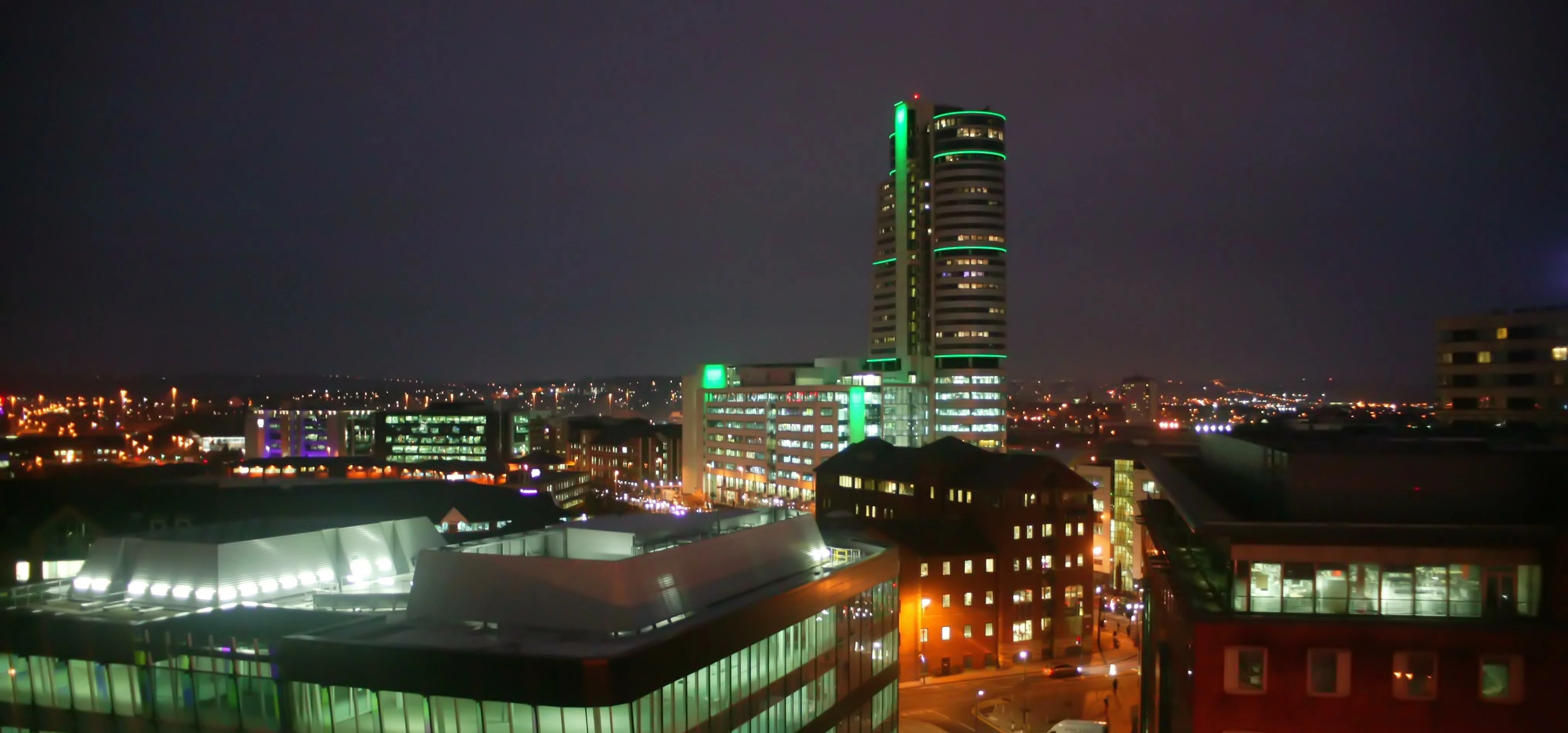
Leeds City Council to consider green fuel station proposal
Leeds City Council intends to create a more environmentally friendly city as talks begin over plans for a green fuel station.
During a meeting on 15th July, members of the council’s executive board will be asked to approve a new approach that would allow the council to work in partnership with the private sector to build and run what could be the country’s biggest compressed natural gas filling station.
Carbon dioxide emissions can be reduced by around a quarter with compressed natural gas.
It cuts particulate matter – which is very harmful to our health – by almost 100% and nitrogen oxides by around 90%.
The report, which will be evaluated on 15 July, explains that private companies are willing to invest in compressed natural gas filling stations, but with caution due to the high cost of connecting to the gas mains unless there is an established market.
However, people and businesses who want to go green won’t buy vehicles that run on compressed natural gas if there isn’t a fuelling station.
Leeds City Council is proposing to work with Northern Gas Networks (NGN) and bid for over £1m from OFGEM’s Network Innovation Competition with the overall value of the project estimated at £5m.
Members of the executive board are also being asked to approve the an £1.58m injection which would allow the council to convert its bin wagon fleet vehicles to run on compressed natural gas.
With this commitment, investors have a clear signal that there would be a ready-made, major client in the council. Green fuel stations do already exist, but there are no locations in the UK big enough to accommodate the large scale conversion of fleets.
By committing to convert vehicles and working with the private sector to deliver a fuelling station for a mass market, Leeds City Council can provide a business case for investment and encourage growth in the sector.
Councillor Mark Dobson, executive member for environmental protection and community safety, said: “We’re still at a very preliminary stage but we have an opportunity to be innovative and facilitate change so it’s right that we consider the options.
“There is appetite for people and businesses to switch their fleet to greener fuels but without the infrastructure we’re not going to see the scale of change that will bring about a significant improvement to our environment, air quality and ultimately people’s health.
“The report and approach we’re being asked to consider could allow us to effectively end this current ‘chicken and egg’ situation.
“It’s still early days with much more detail to consider, but if approved, this could start us on a long-term journey to deliver a more sustainable future for Leeds with not inconsiderable health benefits.”
If the long-term plans come to fruition, the proposed station would make a significant dent in the council’s emissions with the commitment to convert the council’s fleet of bin wagons.
With the majority of the 70-strong fleet running on diesel and covering around a total of 782,600 miles a year, they are a significant contributor to transport emissions across Leeds. Making the switch could help make big improvements to air quality and people’s health.
If the approach is approved, a bid is successful and a location agreed, the station could be operational by mid-2017.
Looking to promote your product/service to SME businesses in your region? Find out how Bdaily can help →
Enjoy the read? Get Bdaily delivered.
Sign up to receive our popular Yorkshire & The Humber morning email for free.








 Putting in the groundwork to boost skills
Putting in the groundwork to boost skills
 £100,000 milestone drives forward STEM work
£100,000 milestone drives forward STEM work
 Restoring confidence for the economic road ahead
Restoring confidence for the economic road ahead
 Ready to scale? Buy-and-build offers opportunity
Ready to scale? Buy-and-build offers opportunity
 When will our regional economy grow?
When will our regional economy grow?
 Creating a thriving North East construction sector
Creating a thriving North East construction sector
 Why investors are still backing the North East
Why investors are still backing the North East
 Time to stop risking Britain’s family businesses
Time to stop risking Britain’s family businesses
 A year of growth, collaboration and impact
A year of growth, collaboration and impact
 2000 reasons for North East business positivity
2000 reasons for North East business positivity
 How to make your growth strategy deliver in 2026
How to make your growth strategy deliver in 2026
 Powering a new wave of regional screen indies
Powering a new wave of regional screen indies